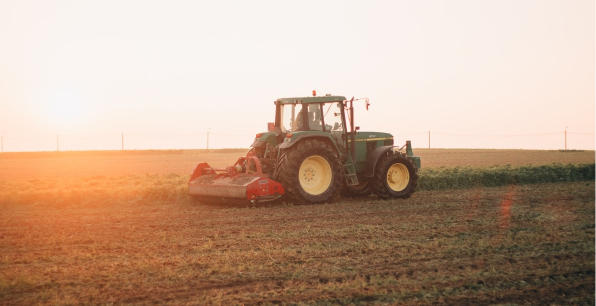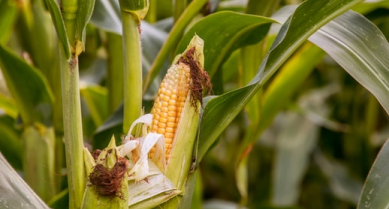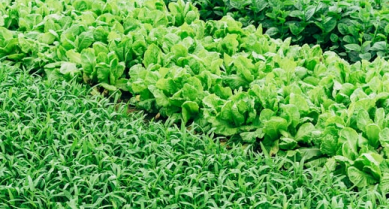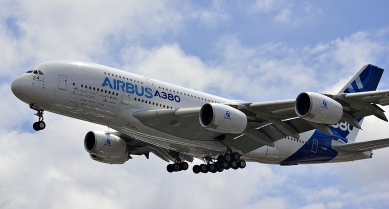Data enables farmers to extract more value from the food supply chain
Sharing data at every level of the food system could help to transform a food system that is currently too complicated and fragile. Furthermore, achieving greater connectivity in the supply chain will enable farmers to extract more value from it, according to Agrimetrics CSO Prof Richard Tiffin.
Speaking at the Farmers Weekly Data and Tech event in Birmingham he said that data provided a great opportunity to address the mis-distribution of value created in the supply chain. Retailers have been allowed to collect the value because they are able to respond quickly to market needs, he said: “If farmers can have this insight and respond quickly, there is a great opportunity for farmers to get back this value and shorten the supply chain.”
Underlying this opportunity must be trust and security around how data is used, he said: “Value, be it insights on driving greater profits or monetary if necessary – must be returned to the data providers.”
In addition, clarity over how data is being used and controls to stop it being misused should must be built into detailed permissions in handling data, he said: “The controls on use of data must be in the hands of the provider, enabling them to share none, some or all of their data to different parties as they so wish.”
Agrimetrics has pioneered new web technologies that enables disparate and fragmented data to be connected and, therefore, interrogated. The Agrimetrics data infrastructure is currently built on a wide variety of public datasets on soil, weather, location, habitats and cropping. The value to the sector is that these important datasets are accessible in one place – providing unique access to field-related parameters that can inform productivity and sustainability.
Currently there is very little farmer data in the Agrimetrics data infrastructure. A small amount is also being collected via the Agrimetrics Data Combine app produced in partnership with Rothamsted. It not only supports new research on sustainability, but provides farmers with a useful benchmarking tool.
“It enables farmers to compare their data with that of the Recommended List and also with averaged data from fields with the same profile as theirs. As more farmers use it it will build up a good picture of how varieties perform on different soil types, creating a ‘Trip Advisor’ for crops.”
With traditional breeding and agrochemical usage now faltering, the potential to extract new answers to drive productivity lies in analysing the vast amounts of data being produced at farm and consumer level, according to Prof Tiffin.
Building, and maintaining, trust about how data is being used is critical, though, to extract value across the supply chain and potentially transform the food system, said Prof Tiffin.
Agrimetrics takes this responsibility very seriously and is not only on the road to full iso 27001 accreditation, which is the top international standard for information security but also complies with Cyber Essentials to protect against threats to functionality of its data platform and risks to data security. “The onus is on businesses like Agrimetrics to deliver the security, protection and value back to data providers,” concludes Prof Tiffin.
Share This Story, Choose Your Platform!
FacebookTwitterLinkedInWhatsAppEmail
Other articles that might interest you

AI identifies crops from space with 90% accuracy
Agrimetrics launches CropLens AI, a proprietary algorithm that identifies crop types from space.

ClearSky: Cloud free satellite data for agriculture
ClearSky's artificial intelligence removes a major barrier to the efficacy of satellite

ClearSky: Cloud free satellite data for agriculture
ClearSky's artificial intelligence removes a major barrier to the efficacy of satellite

Agrimetrics partners with Airbus to reduce cost
Crop Analytics, a crop and field analytics package from Airbus, is now available at a new, lower price.



